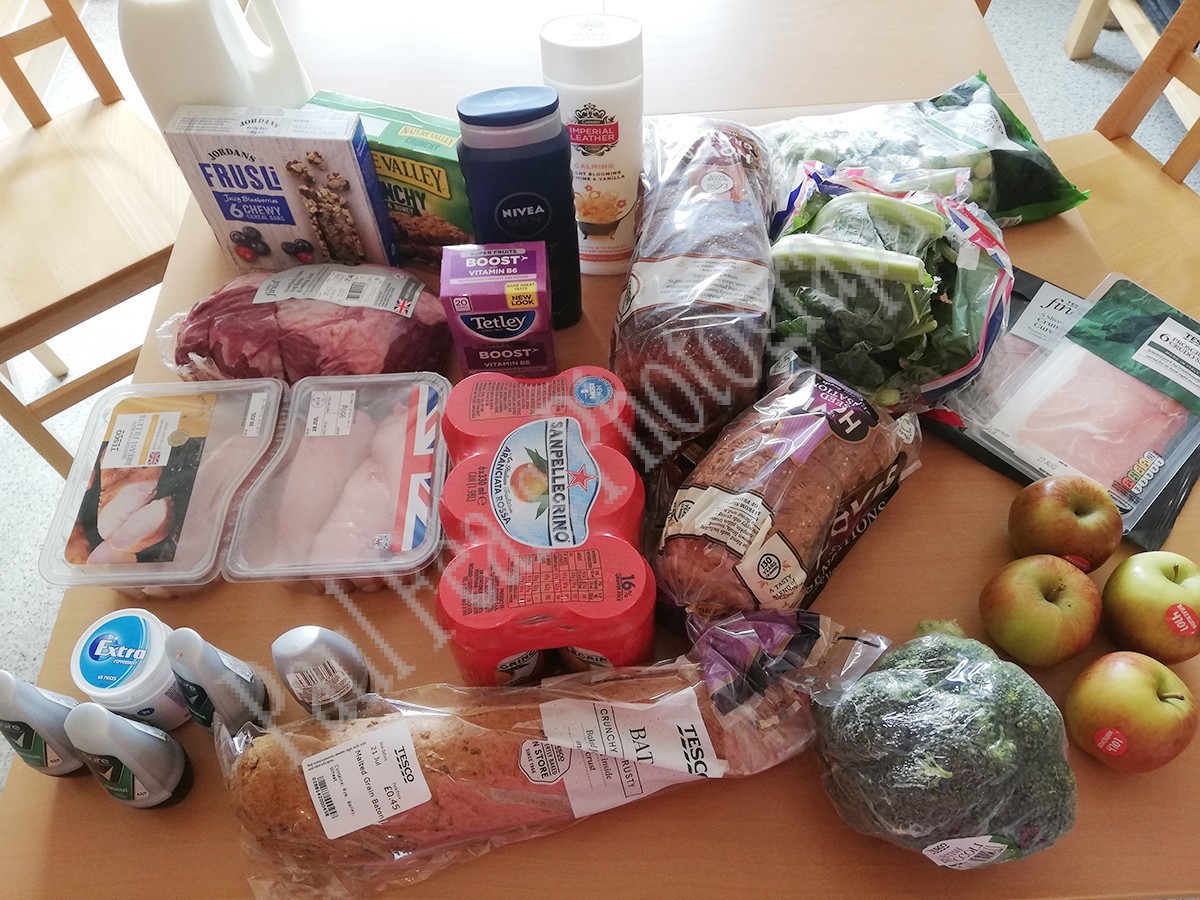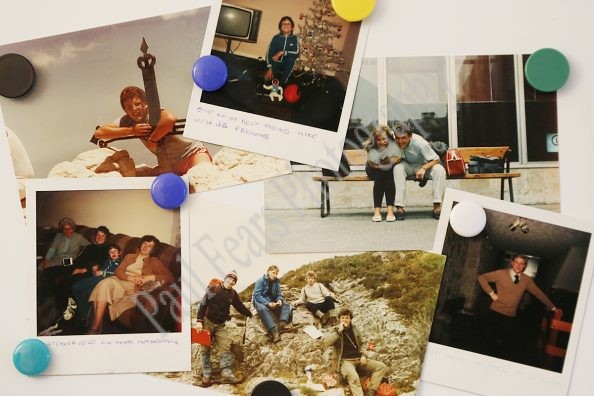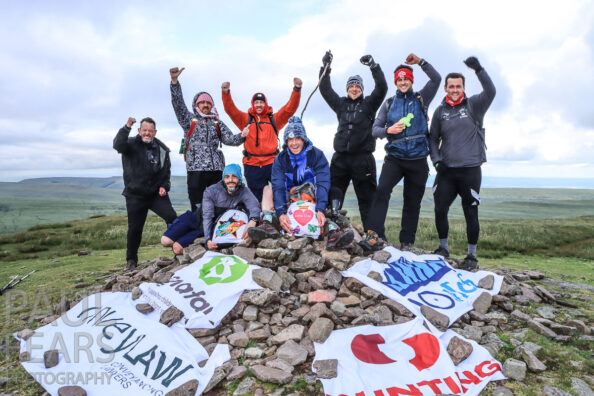My latest shopping trip to the Tesco supermarket highlighted the challenges of addressing the problem of single use plastics. I left the house with my shopping list and, as whenever I go shopping nowadays, I wanted to limit my purchase of single use plastics. My aim was to help reduce the amount of single use plastic waste. I returned home defeated.
Tesco (and most other supermarkets) are simply not geared up to stop or reduce the use of single use plastics. The recent BBC documentary ‘War on Plastic with Hugh and Anita‘ highlighted the horrors of our inability to correctly manage plastic waste. The programme was very much in my mind as I walked around the aisles searching for options, not really caring about the potential additional cost. I just got increasingly frustrated and depressed. This is a huge problem and the supermarkets just do not appear to be taking it seriously.
I have written several blogs for Bunting on the subject of plastic waste. Bunting supply magnetic separation and metal detection equipment to companies recycling plastic waste and producing plastic products. The plastics sector is very important and is vital for many industrial and medical applications. However, when it comes to single use plastics it is clearly apparent that there is a lot of political and industry rhetoric without much action.

One of the most disturbing images from episode 1 of the BBC’s ‘War on Plastic’ documentary was when Hugh pulled a plastic recycling bag from Rhondda Cynon Taff out of a pile of plastic waste in Malaysia. Rhondda Cynon Taff is my council. That recycling bag could have come from my house. How did a recycling bag from Wales end up in Malaysia? What is my council doing? (Update 18/3/20 – Rhondda Cynon Taff council cancelled their contract with the waste management company, claiming that they had no knowledge of the company’s practices. However, isn’t it the responsibility of the council to ensure that they do know what is happening to the waste. Turning a blind eye or making assumptions is unacceptable.)
My Shopping
When I got home, I laid out all my shopping and assessed the problem. I wondered if I could have done any better in reducing my purchase of single use plastics. I did have one success. I purchased my apples loose.

However, the only bag to put my apples in was plastic and so they were left loose in my trolley. However, on closer inspection I saw that I had failed. My loose apples had an non-recyclable plastic sticker on the side.
The rest of my shopping was a single plastic disaster area. The delicatessen at Tesco is no longer open on the weekend and so I could only buy pre-cooked and raw meat prepacked. However, even if you check the meat on the deli it arrives in plastic packaging. All my toiletries were in single use plastic containers. All my bread was in plastic, even my small baguette which could have easily been in a paper bag. Even my cereal bars, neatly boxed in recyclable cardboard were then individually wrapped in plastic.

There were three products which could easily have dispensed with plastic. My fresh cauliflower was in a plastic bag adorned by a British Union Jack and my broccoli was wrapped in plastic. Normally there is unpackaged brocolli, but the shelves were empty. Maybe more people are buying their vegetables plastic-free. However, maybe the most frustrating plastic was on the six cans of Sanpellegrino. Cans that are aluminium and have a great recycling record, wrapped in a single use plastic that will end up in landfill.
What to do
Surely something has to change. Companies like Sanpellegrino need to take some responsibility and package their drinks using recyclable materials. (Update 18/3/20 – Sanpellegrino, who is owned by Nestle, replied via Twitter than they ‘reducing plastic waste is our urgent priority’ and then said they ‘are committed to making 100% of our packaging recyclable or reusable by 2025’. Does ‘5 years’ equate to ‘urgent’?) Tesco (and other supermarkets) need to step up and implement a workable plan (Update 18/3/20 – Tesco failed to respond). However, I get the impression that taking action will result in additional costs and lower profits.
Plastic is a valuable and important material, but unless we change our habits the world will be swamped by waste plastic. There are successful plastic waste recycling operations, including one in North Wales which I photographed for Bunting. Whilst visiting such plants the challenges of recycling plastic are all too apparent. Contamination levels are high, segregation of different types of plastics is non-existent. Even if we collect all our plastic waste, the UK does not have the infrastructure to handle it.
Next time I go to Tesco I will remove as much of the plastic packaging as I can and leave it there. The plastic waste will still end of in landfill, but maybe Tesco will start taking notice that their customers want change.
(Update 18/3/20 – Since writing the blog, we have worked hard to reduce our single plastic use. We now have milk delivered in glass bottles by a milkman. I now only use bars of soap packaged in cardboard or loose. All vegetables are bought loose, when available. There are many more things that we intend to do to further reduce our plastic footprint, but some help from the food manufacturers and supermarkets would be greatly appreciated!)
Paul Fears is an industrial and commercial photography based in South Wales. For more information or to discuss a specific photography project, please contact Paul on:
Tel: 07909 103789 or 01443 207773
Email: paul@paulfearsphoto.co.uk




